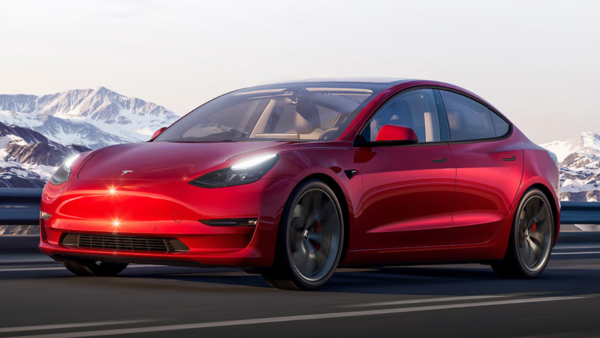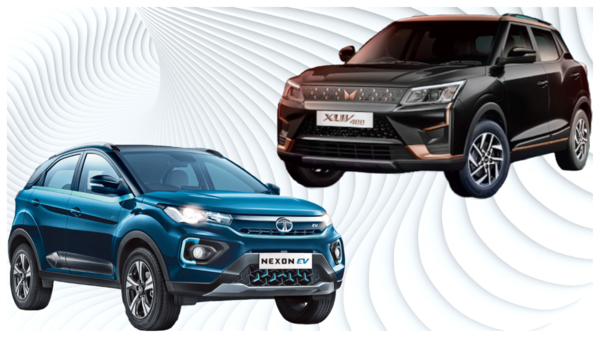
Tesla Model 3
Why Indian OEMs should be alert:
To gauge the potential market response to Tesla EVs in India, we can look at Volkswagen’s INDIA 2.0 strategy. Volkswagen developed four vehicle models based on the made-for-India MQB-A0 platform, which have been successful in the Indian market. The success of the ‘Made-in India’ Volkswagen Virtus, Taigun, Skoda Slavia, and Kushaq shows that Indian car buyers are more likely to trust and invest in affordable international brands that offer India-specific models. MG Motor India, despite being owned by a Chinese company, has also seen success in India.
Triumph Speed 400 First Ride Review | The best under Rs 3 lakh? | TOI Auto
In addition to having a high aspirational value, an affordable Tesla EV would offer better space, driving dynamics, and real-world range compared to retrofitted EV competitors in the Rs 20 lakh bracket. However, looking at what happened in China, domestic EV manufacturers may have more to worry about than just architectural differences. Tesla’s price war in China:
Since January 2023, Tesla China has been engaged in a price war with major Chinese EV makers such as BYD, NIO, and Geely. This price war has affected industry-wide profitability and consumer behavior, with buyers waiting for bigger discounts before making a purchase. Although a truce was brokered, it was recently retracted.

Made-in-India Tata Nexon EV and Mahindra XUV400
The silver lining:
While a Rs 20 to 25 lakh Tesla may pose a challenge for affordable EV makers in India, it ultimately benefits the Indian car buyer. The arrival of an affordable Tesla would increase competition, leading to improved products and more competitive pricing from other EV brands. It would also drive the development of better EV architectures and technologies, making electric cars more accessible to a wider audience. The impact of the FAME II subsidy on the arrival of a Tesla EV remains to be seen, but it would certainly sweeten the deal further.

